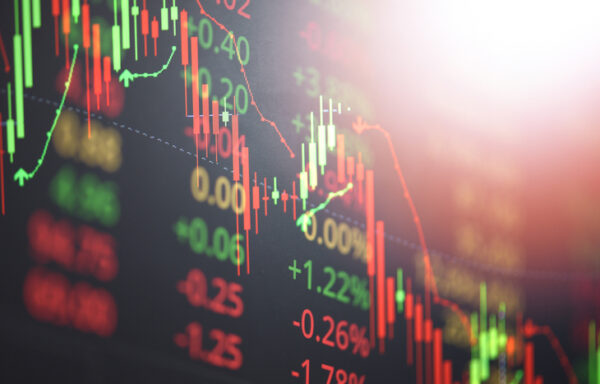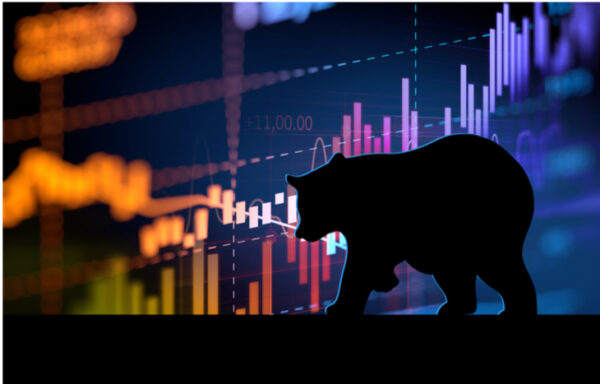The Future of Energy Storage Systems
Wind and solar power are transforming global energy supplies.
But both resources come with unique issues.
Solar panels are useless at night. And wind is unpredictable in many areas of the world.
But as battery costs have dropped, energy storage is starting to assist solar and wind. As a result, utilities, businesses and homeowners can now store electricity.
Energy Storage
Storage allows electricity to “time shift.” It’s stored during periods of low use, when it’s cheap and abundant.
During peak use periods, stored power is added to baseload supplies. A typical, 24-hour electricity demand curve looks like the one below.

It’s called a “duck curve.” You can clearly see the steep rise in demand just as the sun is setting.
That’s the moment that utilities need stored energy for. Look at the curve between hours 17 and 18.
As the sun sinks in the sky, 5 more gigawatts of power must come online within an hour’s time. If the wind isn’t blowing and the sun’s already set, that power has to come from somewhere else.
Historically, that somewhere has been a natural gas-fired “peaker” plant. Today, that power comes from some form of energy storage.
For short-term (a few seconds to a few hours) energy storage, lithium-ion batteries work well. But batteries aren’t cost-effective for long-term (a few days to a few months) energy storage.
“ARES”
There are some interesting solutions for long-term energy storage. One of my favorites is called ARES.
ARES stands for Advanced Rail Energy Storage.
It uses gravity to store power during periods of low and high demand.
And it’s all powered using electric trains. Here’s how the system works.

Flatbed train cars are connected to electric shuttle locomotives. During periods of low demand, the engine ferries large concrete blocks from a desert-level storage yard to a similar yard located five miles away. The similar yard is 2,000 feet higher in elevation.
During peak demand periods, the engine moves downhill. Its electric motors transform into generators and pump “stored power” back into the grid.
Adding another engine doubles the power output. Running multiple trains ensures a constant supply of power.
Power to and from the engines is via an overhead catenary transmission system, similar to other electric trains in use today. This prevents accidental electrical contact by horses, deer and humans.
The first project will be installed on Bureau of Land Management federal land. This initial project will be located in the Carpenter Canyon area of Nevada.
It will be a 50-megawatt installation. And it will be able to provide 12.5 megawatt-hours of electricity.
That will balance intermittent renewable sources like wind and solar. There are plenty of places in the U.S. where ARES could be deployed if it is deemed to be economical.
ARES is just one of many exciting long-term energy storage projects that are being studied.
I’m following a lot of these exciting developments. I’ll be sure to keep you updated on them, as well as any investment opportunities.
[adzerk-get-ad zone="245143" size="4"]




